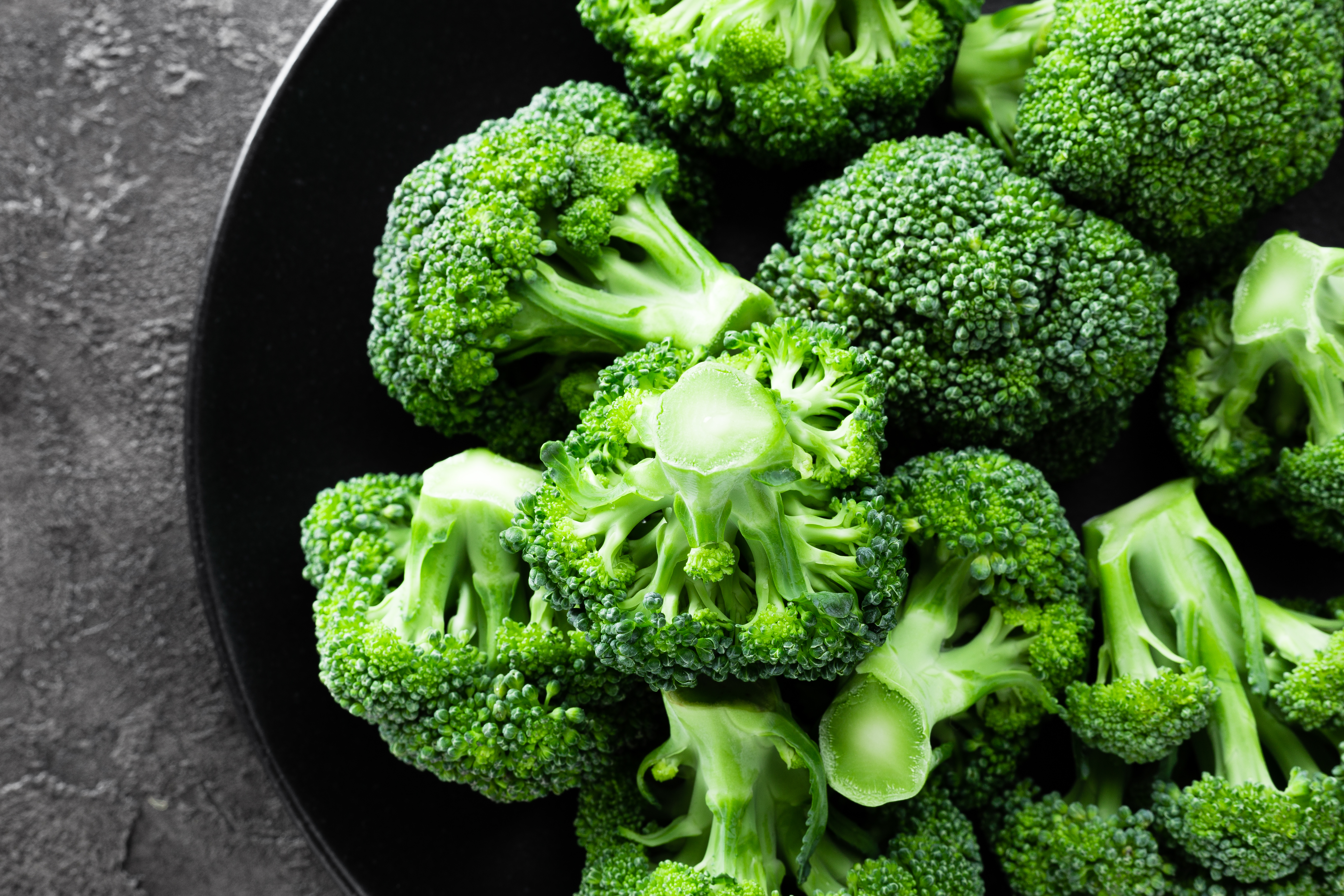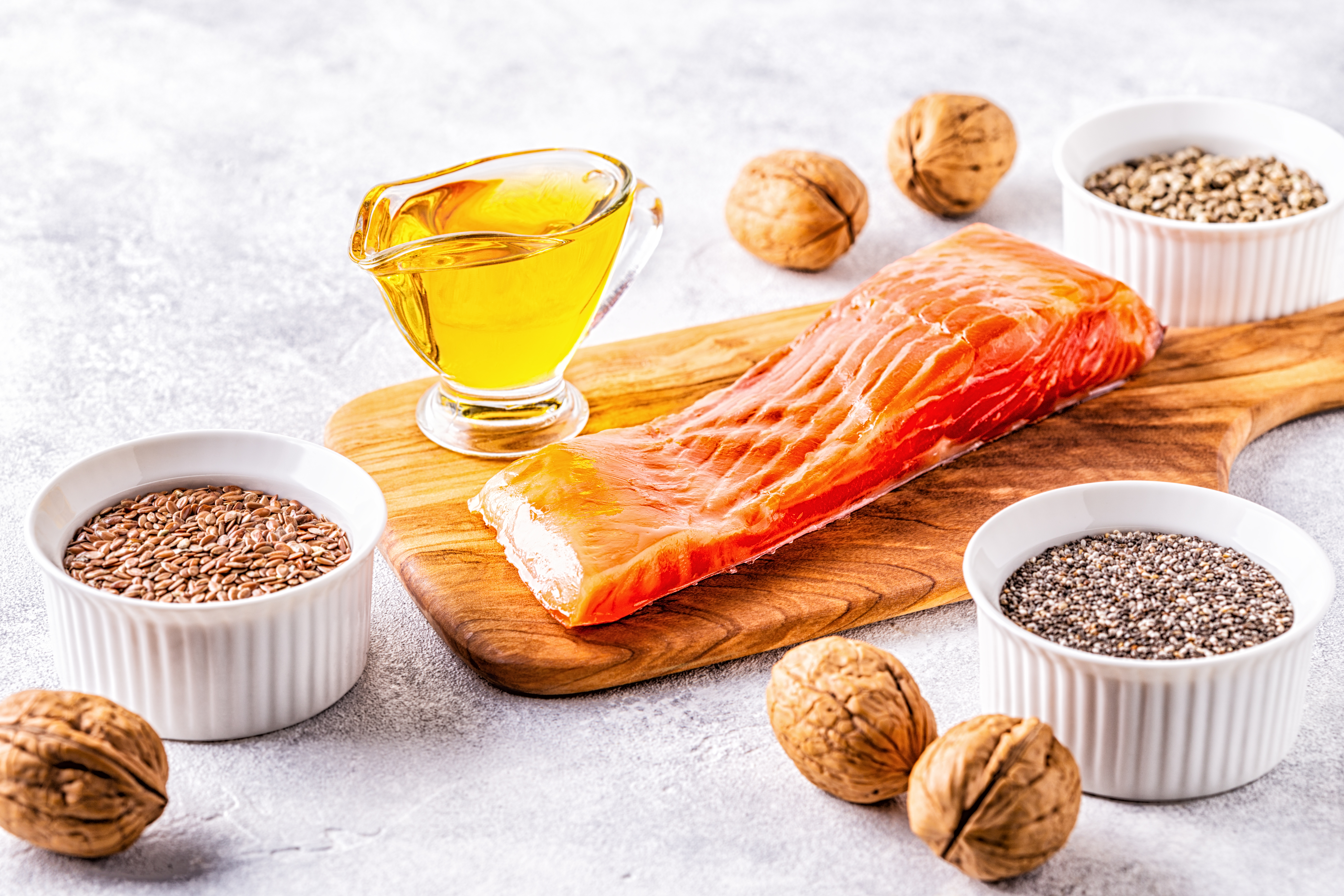Gut-Healing Foods to Add to Your Diet After Taking Antibiotics
5. The Power of Fiber: A Gut’s Best Friend

Dietary fiber is essential for maintaining a healthy gut. It adds bulk to the stool, helps regulate bowel movements, and feeds the beneficial bacteria in your gut. Foods high in fiber include fruits, vegetables, whole grains, and legumes. Apples, pears, and berries are rich in soluble fiber, which helps slow digestion and regulate blood sugar levels. Vegetables like broccoli, Brussels sprouts, and carrots are high in insoluble fiber, which adds bulk to the stool and promotes regular bowel movements. Whole grains like oats, quinoa, and brown rice are also excellent sources of fiber and can help support gut health. By including a variety of fiber-rich foods in your diet, you can support the growth of beneficial bacteria, improve digestion, and enhance overall gut health.
6. Omega-3 Fatty Acids: Anti-Inflammatory Allies

Omega-3 fatty acids are known for their anti-inflammatory properties and can play a significant role in maintaining gut health. These essential fats are found in fatty fish like salmon, mackerel, and sardines, as well as in flaxseeds, chia seeds, and walnuts. Omega-3 fatty acids help reduce inflammation in the gut, which can improve symptoms of inflammatory bowel diseases and other digestive disorders. They also support the integrity of the gut lining and promote the growth of beneficial bacteria. Including omega-3-rich foods in your diet can help reduce inflammation, support gut health, and improve overall well-being.
